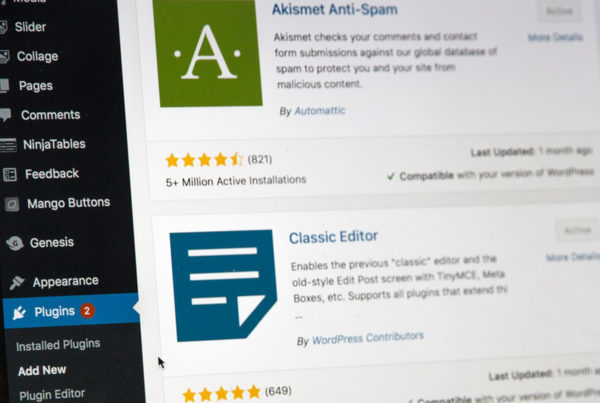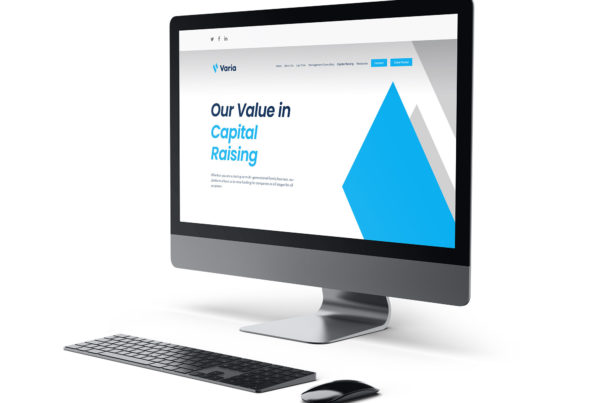Calling modern-day trade shows spectacles is an understatement. Exhibitors come prepared with multi-thousand square-foot booths, dozens of employees or ambassadors, countless products to showcase, and what seems like an unlimited supply of sales materials. But what goes into running a smooth experience for everyone involved? Months of planning and preparation. Is your event infrastructure setting you up for success?
Have a Point Person
No matter when or where your show is taking place, there are inevitably hundreds (if not thousands) of questions to be asked. What day do we arrive? When do we meet with clients? Who from the company is going? What are we trying to achieve? Without having a hero of the event, these questions will often slip through the cracks, or answered with half-educated guesses or assumptions. Elect one central figure to delegate tasks, answer all necessary questions, and oversee the moving parts of your exhibit. Not only does this prevent a needless run-around for answers, but it clearly provides structure to an often-overwhelming process. Once this person is determined, make sure your entire team is aware of the reporting and decision making process.
Start Simple
While building the “coolest” and “biggest” booth is enticing, it won’t achieve anything unless a clear and concise message is being sent. Develop a “Trade Show Brief” to determine the goals and objectives of your attendance, as well as what the ideal outcomes are or can be. Once these are transcribed, have a brainstorming session to determine a theme or idea that properly communicates your brand and offerings to visitors. Because most of these processes involve lots of minds, having a concrete document to reference will prevent message dilution.
Don’t Forget Lodging and Meals
While it’s a simple task, it often takes the most back-and-forth. Hotels around trade shows fill up quickly, as do meeting rooms and restaurant reservations. Put together a map of hotels and restaurants compared to the exhibition location—and work to map out your mornings, afternoons, and evenings. If you do this early enough, your show team will be thankful for their five-minute hotel-to-show walk instead of a 10-minute cab ride. Plus, make sure you catalog any and all dietary restrictions. This helps narrow down what restaurants are worthwhile to attend as groups, and won’t prevent team members from attending. In short, make any and all reservations and bookings as soon as your attendance to the show is confirmed.
Have an Experienced Booth Vendor
No matter how creative your booth space is, working with an inexperienced vendor can (and will) derail your experience. Our team at Mirror Matter exclusively works with Hadley Exhibits in North Buffalo, New York. With 25+ years of industry experience, they’re able to fabricate any and all needs for our booths, properly estimate labor costs (for both them and the unions you’ll need to work with when on-site) that will be incurred, and keep your timelines running smoothly. Make sure you ask these questions of your vendor (or potential vendor) before diving into a relationship.
- Who is our point person?
- What is your process for developing booth infrastructure? Are we provided sketches, renders, and estimates every step of the process?
- Will someone from your team attend the show?
- Who is responsible for setting up the booth?
- Where will our materials reside when the show is completed?
- Have you been to our show or event in the past?
- What is the greatest value you can provide our team during this process?
Team > Booth
Last, but certainly not least, the success of your attendance lives and dies with the team that works the floor. Ensure that you’ve prepped your team members, and made them aware of their expectations. In addition, make sure that there’s a consistent wardrobe for everyone representing your company. Whether it’s branded polos, button-ups, or jackets—the little details go a long way. But most importantly, make sure you determine what the ideal outcome of each interaction will be. Is it a business card, email address, something else? Knowing your Key Performance Indicators (KPIs) gives your team the runway they need to yield results.





